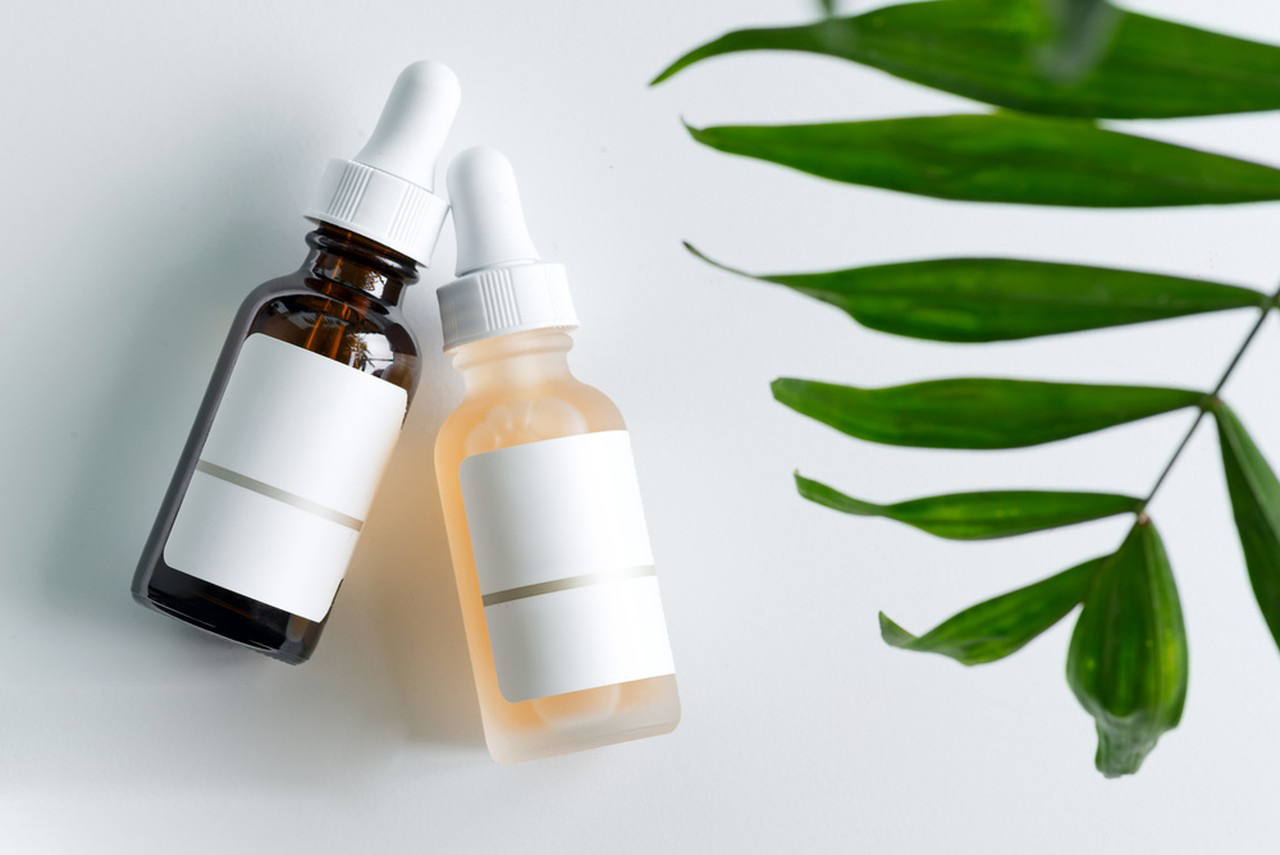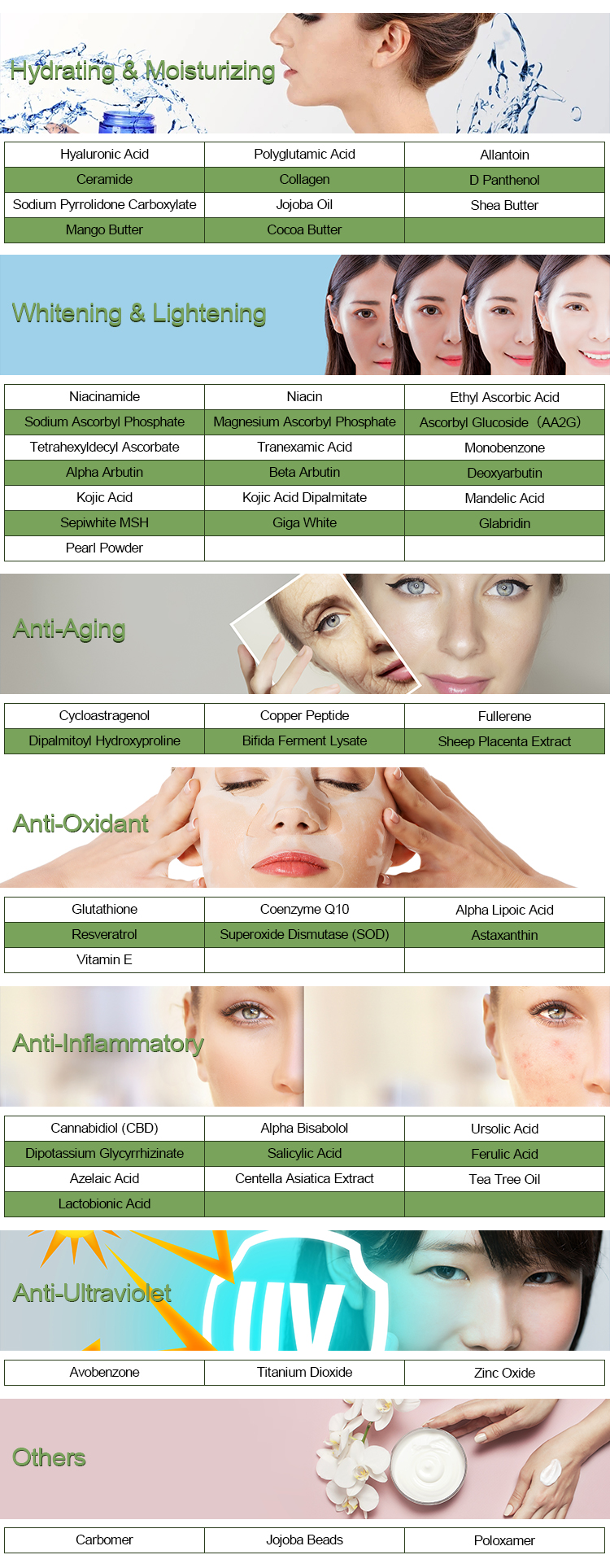Ceramide is a class of lipid molecules that play a crucial role in maintaining the structural integrity and barrier function of the skin, as well as various other physiological processes in the body. They are a type of sphingolipid, which is a complex molecule composed of a sphingosine backbone, a fatty acid chain, and a polar head group.
Ceramide is an essential component of the stratum corneum, the outermost layer of the epidermis, which acts as a protective barrier against environmental stressors, moisture loss, and pathogens. They help to prevent water loss from the skin, keeping it hydrated, and they also contribute to the overall health and appearance of the skin.

In addition to their role in skin health, ceramides have been implicated in various cellular functions and signaling pathways within the body, including cell proliferation, differentiation, apoptosis (programmed cell death), and inflammation regulation. Research has shown that disruptions in ceramide levels can contribute to skin conditions like eczema and psoriasis, as well as other health issues such as metabolic disorders and neurodegenerative diseases.
Ceramide is often used in skincare products due to their moisturizing and barrier-enhancing properties. They can help improve skin hydration, alleviate dryness, and protect the skin from external irritants.
There are several types of ceramides, often categorized as Ceramide 1, Ceramide 2, Ceramide 3, and so on, each with slightly different chemical structures and functions. These various types of ceramides work together to maintain the health and integrity of the skin barrier.
How to use Ceramide?
Ceramide is a type of lipid molecule found in the outermost layer of the skin, known as the stratum corneum. They play a crucial role in maintaining the skin’s barrier function, preventing water loss, and keeping the skin hydrated and protected. Ceramide is often used in skincare products to enhance the skin’s moisture retention and overall health. Here’s how you can use ceramide-containing products effectively:
1.Choose the Right Product: Look for skincare products that contain ceramides. These can include moisturizers, serums, creams, and even cleansers. Read the product labels to ensure that ceramides are listed as one of the ingredients.
2.Incorporate into Your Skincare Routine:
- Cleansing: You can start by using a ceramide-containing cleanser to gently cleanse your skin without stripping away its natural oils.
- Serum or Treatment: Apply a ceramide serum or treatment after cleansing and toning. Serums are typically more concentrated and can penetrate deeper into the skin.
- Moisturizing: Follow up with a ceramide-rich moisturizer to seal in the hydration and reinforce the skin barrier. You can use this both in the morning and at night.
3.Frequency of Use: Ceramide products can be used daily, depending on your skin’s needs and the specific product. Some people may use them both in the morning and at night, while others may prefer using them only once a day.
4.Layering: Ceramides can be layered with other skincare products, such as antioxidants or sunscreen, depending on your routine. Apply products from thinnest to thickest consistency.
5.Patch Test: Before applying any new skincare product containing ceramides, it’s a good idea to perform a patch test on a small area of your skin to check for any adverse reactions or allergies.
6.Follow Directions: Always follow the usage instructions provided on the product packaging. Some products might recommend specific usage guidelines for optimal results.
7.Consistency is Key: Like any skincare ingredient, consistency is important for seeing results. It may take some time before you notice a significant improvement in your skin’s hydration and barrier function.
8.Monitor Your Skin: Pay attention to how your skin responds to the ceramide-containing product. If you notice any irritation, redness, or adverse reactions, discontinue use and consult a dermatologist.

Remember that everyone’s skin is unique, so it’s essential to listen to your skin’s needs and adjust your skincare routine accordingly. If you’re unsure about how to incorporate ceramides into your routine or have specific skin concerns, consider consulting a dermatologist for personalized guidance.
